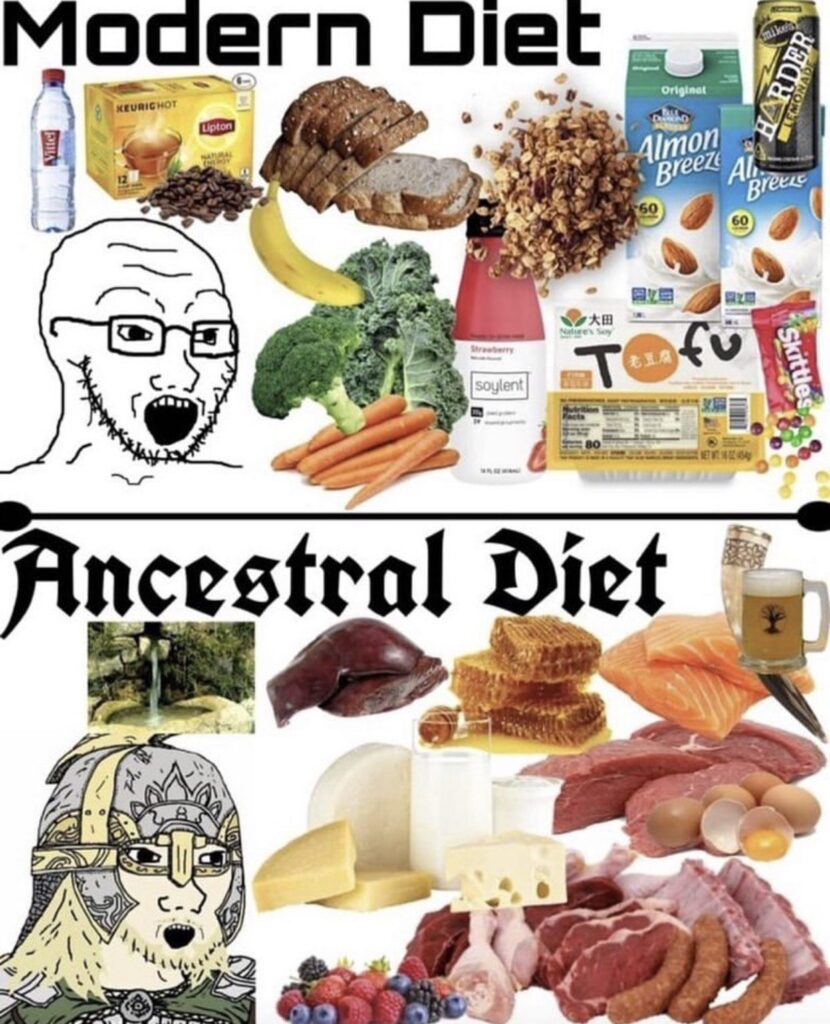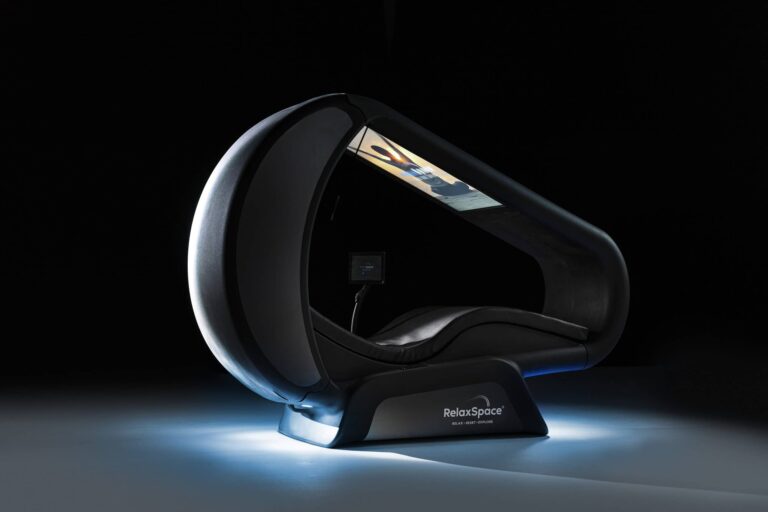Sugar, Processed Foods, Greed, and Your Health
Why does it feel like that bag of Chex Mix is literally calling your name every night at 9PM? And why can’t you ever stop at just one cookie?
Dr. Robert Lustig, an endocrinologist (hormone doctor) and professor at UCSF, recently dropped by Andrew Huberman’s podcast to talk sugar, processed foods, and how the system is working against you.
How sugar and processed foods are affecting your health
What is an ultra-processed food?
Dr. Lustig claims that 73% of items in American grocery stores have added sugar.
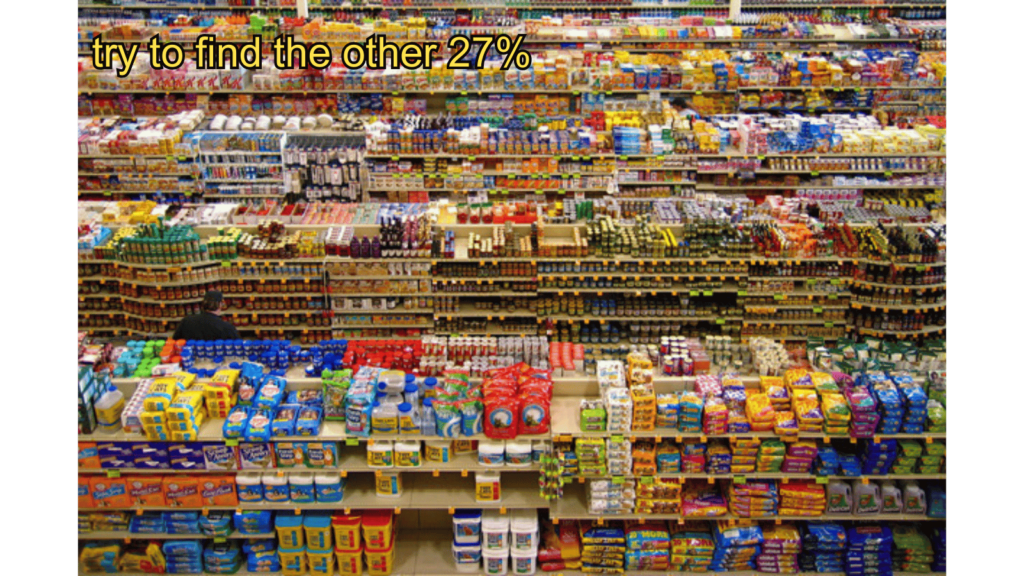
These ultra-processed foods are like your hot ex: they look tempting but will ruin your life (or at least your metabolism).
But how do you know if a food is ultra-processed?
Dr. Lustig uses the NOVA system, which categorizes foods based on processing levels.
- An apple straight from the tree (nature’s candy)
- Apple slices (still good)
- Applesauce (okay, we’re getting a bit processed here)
- McDonald’s apple pie (you’re now eating more chemicals than actual apple)
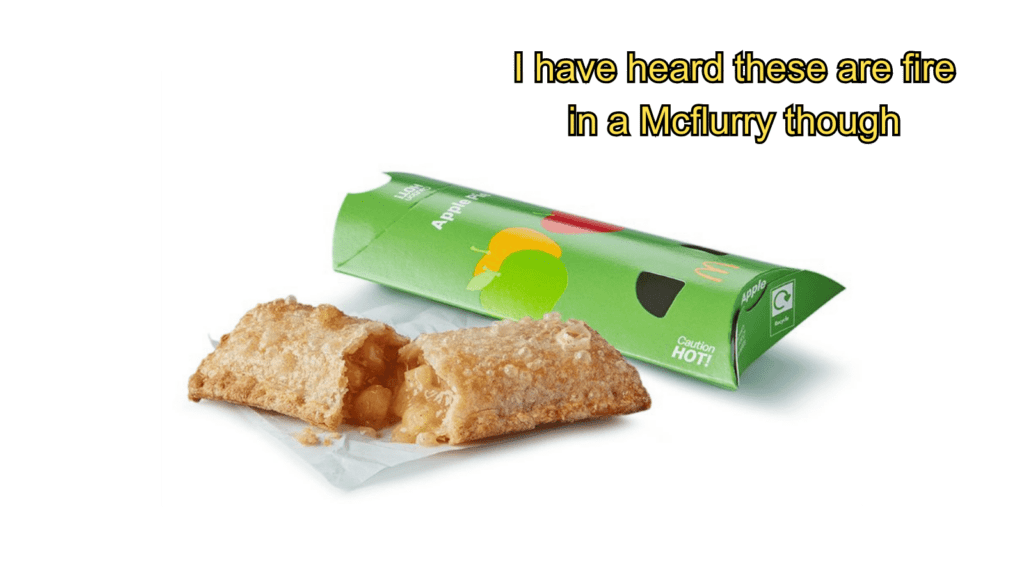
Guess which category is associated with chronic metabolic diseases? Number 4
Calories in = Calories out?
Losing or gaining weight is caused by the difference between how many calories you are eating vs how many you’re burning off.
If you burn off more than you take in, you lose weight. If you take in more than you burn off, you gain weight.
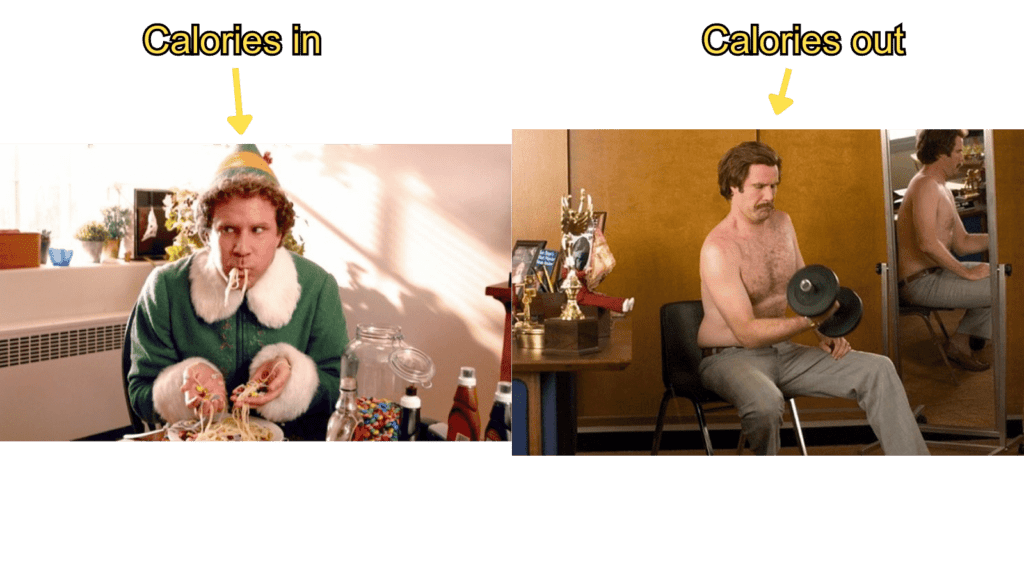
This is a generally accepted truth of fitness and nutritional science.
However, Dr. Lustig argues that different types of calories are processed very differently by your body. For example:
160 calories of almonds? Your body only absorbs about 130 due to fiber content.
Protein requires more energy to process than carbs or fat.
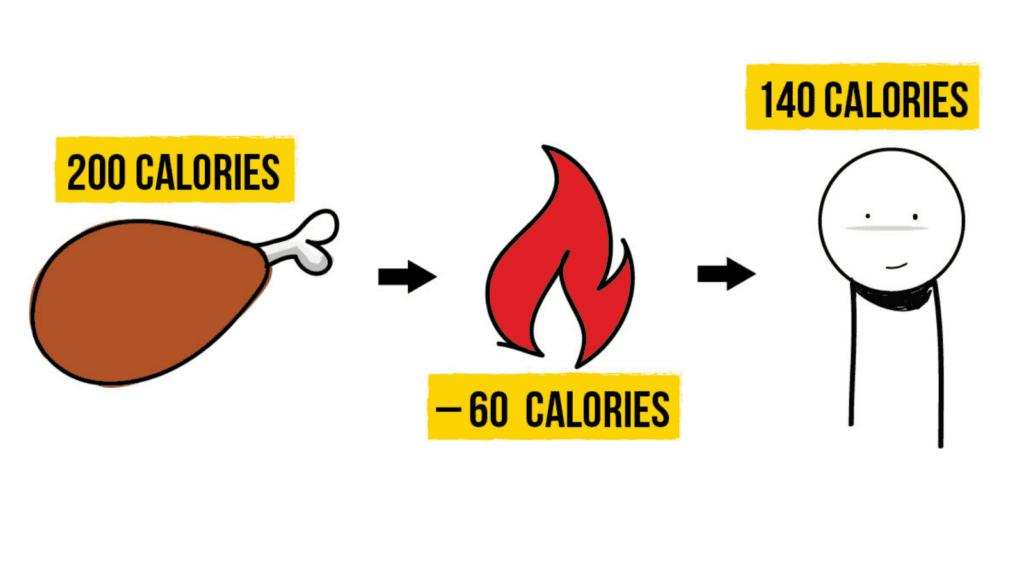
Fructose? It’s processed mainly in your liver and can lead to increased fat storage and insulin resistance.
So the phrase “a calorie is a calorie,” is not entirely true. Some calories (real food) may end up leading to less fat storage than others (ultra-processed foods).
You don’t need fructose
Fructose is the sugar found in fruit but also in a whole lot of processed foods.
It’s a simple sugar or monosaccharide, that’s naturally occurring in fruits and some vegetables. It’s also a key component of table sugar (sucrose) and high-fructose corn syrup, which are added to most processed foods and drinks.
According to Dr. Lustig, fructose is “vestigial” – a fancy way of saying our bodies don’t actually need it.
Fructose can also be addictive, activating the same reward centers in your brain that drugs do. Which is why you can never stop at just one slice of cake.
There are 2 types of fat
Sugary foods are easy to overeat, which leads to your body storing the excess calories as fat.
There are two main types of fat storage, and one is much worse than the other.
Subcutaneous fat (outside fat, the kind you can see and pinch) is like that friend who’s annoying but not super harmful.
Visceral fat (inside fat, coating your organs) is the toxic friend you need to cut out of your life ASAP.
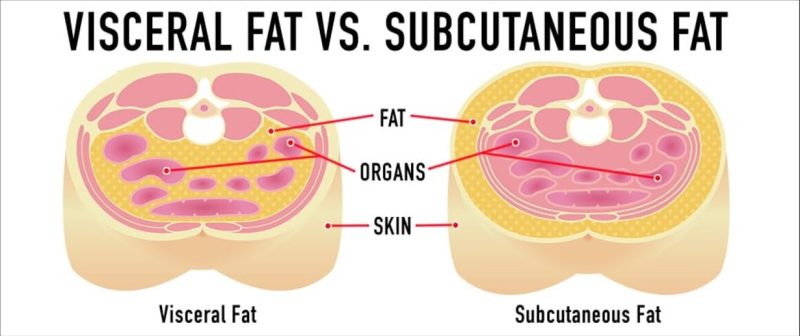
Just 5 pounds of visceral fat or 0.5 pounds of liver fat can cause metabolic issues..
Chronic stress and high cortisol levels also add to visceral fat storage.
The danger of eating processed foods is that because they are so additive, they lead to overeating, visceral fat accumulation, and then disease.
What about artificial sweeteners?
While artificial sweeteners can be a great way to reduce sugar intake, they aren’t completely innocent.
They still trigger insulin responses and increase hunger.
For example, one study showed that people drinking diet soda gained more weight compared to those drinking water.
It’s all about money of course

So, why is there so much sugar in everything?
The food industry intentionally adds sugar to make foods more shelf-stable and addictive.
More addiction = more sales = more profit.
It’s like they’re running a drug cartel but with Twinkies instead of cocaine.
The sugar problem has infiltrated our schools too.
Dr. Lustig says public schools are the largest fast-food franchise in the US.
Thanks to a 1971 administrative ordinance, school cafeterias had to become financially self-sufficient. Which has led to a menu that would make Ronald McDonald proud.
Speaking of processed foods and money, check out my article Why I’m not worried about microplastics (yet)
What can we do?
So is there any hope? How do we fight the system and come out on top?
Here are 5 tips from Dr. Lustig:
- Eat real food: Stick to whole, unprocessed foods as much as possible
- Reduce sugar and refined carbohydrate intake
- Manage stress (make time for what you love to do)
- Be wary of ultra-processed foods even if they’re marketed as “healthy” If you need a chemistry degree to understand the ingredient list, it’s probably not great for you.
- Move your body: Regular exercise can help improve insulin sensitivity and reduce stress. Find something you enjoy, whether it’s hiking, dancing, or chasing your dog around the yard.
Personal responsibility is important, but we also need systemic changes.
Support policies that promote healthier food options, and don’t be afraid to demand better from the food industry.
The more we understand about how our food affects us, the better choices we can make. Hopefully one day we’ll look back on our current food system the same way we now view smoking in hospitals.
– Josh
